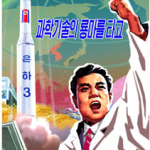Daily Report Archives
Established in December 1993, the Nautilus Institute’s *N*ortheast *A*sia *P*eace and *S*ecurity *N*etwork (NAPSNet) Daily Report served thousands of readers in more than forty countries, including policy makers, diplomats, aid organizations, scholars, donors, activists, students, and journalists.
The NAPSNet Daily Report aimed to serve a community of practitioners engaged in solving the complex security and sustainability issues in the region, especially those posed by the DPRK’s nuclear weapons program and the threat of nuclear war in the region. It was distributed by email rom 1993-1997, and went on-line in December 1997, which is when the archive on this site begins. The format at that time can be seen here.
However, for multiple reasons—the rise of instantaneous news services, the evolution of the North Korea and nuclear issues, the increasing demand for specialized and synthetic analysis of these and related issues, and the decline in donor support for NAPSNet—the Institute stopped producing the Daily Report news summary service as of December 17, 2010.
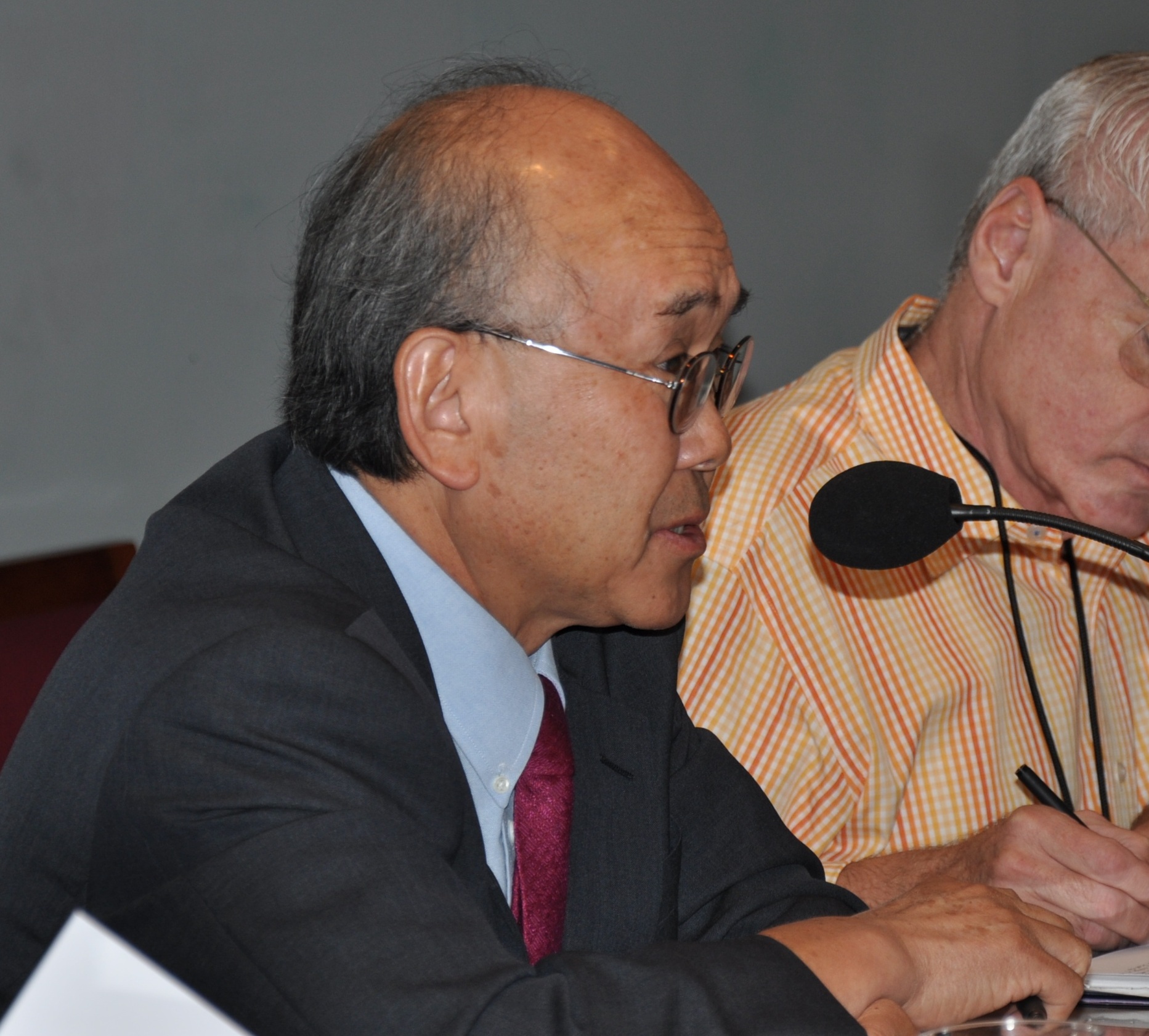
In this concise report Haksoon Paik lists the current state of key issues preventing inter-Korean normalization, including the lack of national reconciliation, the continued threat of war and the persistent North Korean nuclear weapons program. He also provides a brief overview of the South Korean position on a Northeast Asian Nuclear Weapons Free Zone.
Haksoon Paik is currently the director of Inter-Korean Relations Studies Program and the director of the Center for North Korean Studies at the Sejong Institute in Korea.
This report was originally presented at the New Approach to Security in Northeast Asia: Breaking the Gridlock workshop held on October 9th and 10th, 2012 in Washington, DC.
Go to the article
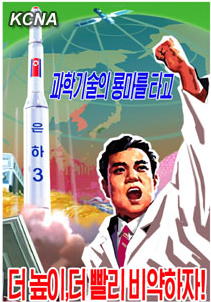
Re-entry Vehicles and Rhetoric in Pyongyang
by Peter Hayes – Deterrence Contributor
After 5 test firings (failures in 1998, 2006, 2009, 2012, and success, December 12, 2012) we know that DPRK long range rockets…
Go to the article
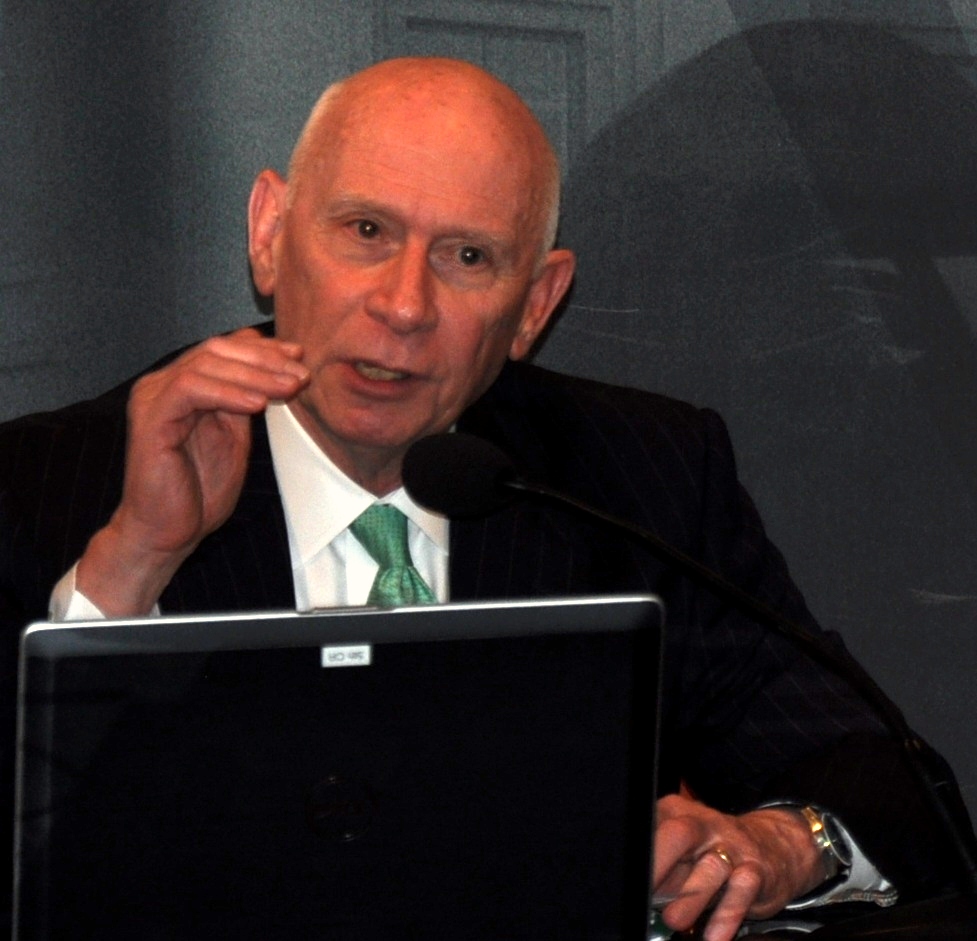
Michael McDevitt assess US Force posture in East Asia. He concludes, “It is unlikely that China will halt development of what it considers necessary for its defenses. It is also clear that the United States does not intend to sit idly by and permit the introduction of military capabilities that could deny it access to East Asia in a time of conflict, and in peacetime undermine its credibility as capable ally…It will be a period of competing strategic concepts – assured access vs. denied access, complemented by the introduction of military capabilities by both sides necessary to accomplish those ends.”
Rear Admiral Michael McDevitt, US Navy (Ret.) is a senior fellow with CNA Strategic Studies.
This report was originally presented at the New Approach to Security in Northeast Asia: Breaking the Gridlock workshop held on October 9th and 10th, 2012 in Washington, DC.
Go to the article

Whose earth?
by Nikhil Desai – Energy Security Contributor
Last week’s NAPSNet weekly report mentioned the disease toll of household cooking with unprocessed solid fuels in the developing countries…
Go to the article
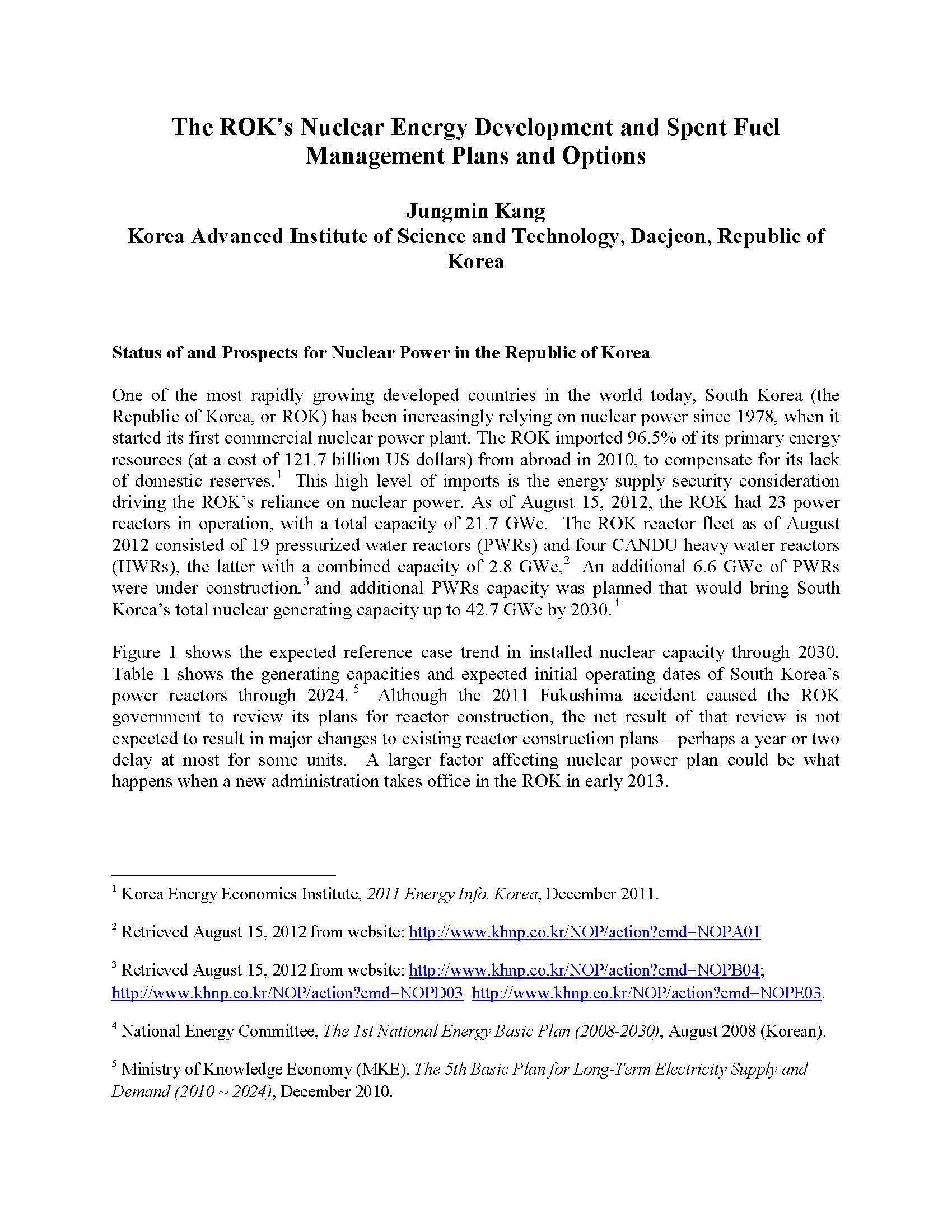
In this report Jungmin Kang reviews the current status of and future prospects for nuclear power in the Republic of Korea. The ROK’s current nuclear capacity of 21.7 GWe will, under current plans, be approximately doubled by 2030. Given the current lack of pool storage capacity, Kang asserts that spent fuel storage in the ROK will become worse in the near future and that decisions regarding the interim storage of spent fuel will play key roles in shaping nuclear fuel cycle activities and development in South Korea.
Dr. Jungmin Kang is currently a visiting professor at Lee Byong Whi Nuclear Energy Policy Center, Department of Nuclear and Quantum Engineering, Korea Advanced Institute of Science and Technology (KAIST).
Go to the article
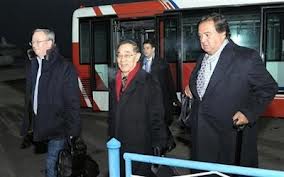
Dancing with Google DPRK-Style
by Peter Hayes – Deterrence Contributor
A recently completed private mission to North Korea has been described as “useful idiots”…
Go to the article
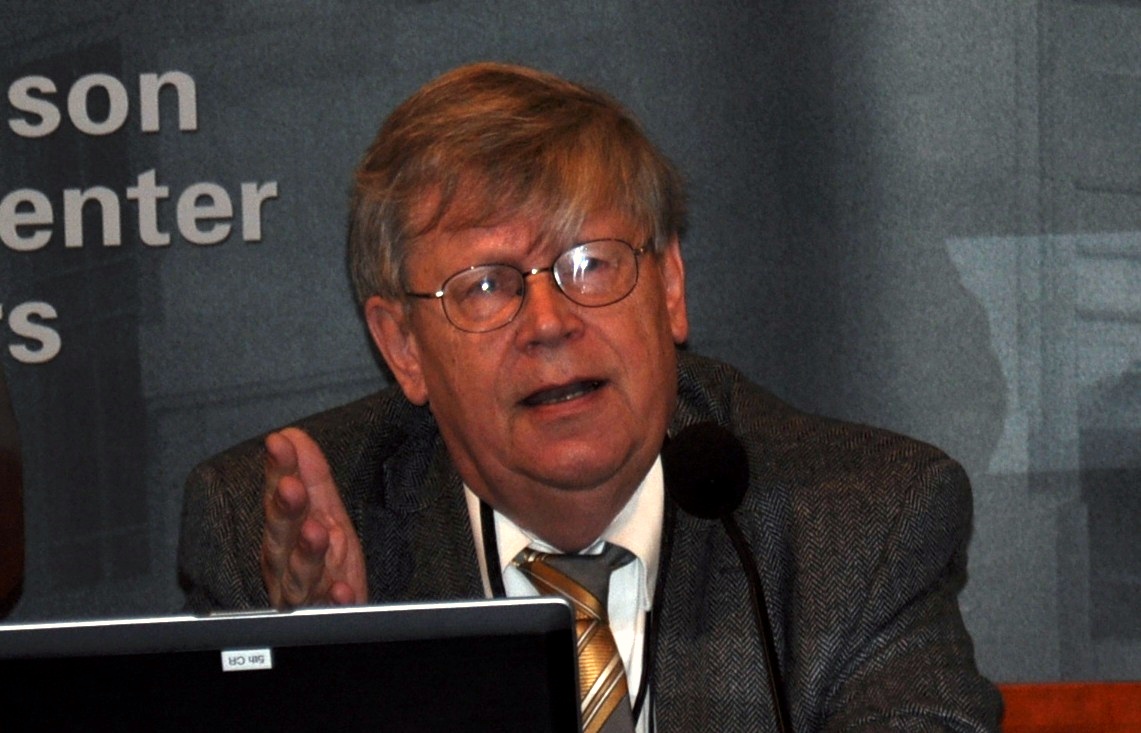
In this short report Olli Heinonen addresses critical monitoring and verification issues arising from Morton Halperin’s proposal for a nuclear weapons free zone as a new approach for the security in Northeast Asia.
Olli Heinonen is a Senior Fellow at the Belfer Center for Science and International Affairs at Harvard University.
This report was originally presented at the New Approach to Security in Northeast Asia: Breaking the Gridlock workshop held on October 9th and 10th, 2012 in Washington, DC. All of the papers and presentations given at the workshop are available here, along with the full agenda, participant list and a workshop photo gallery.
Go to the article




